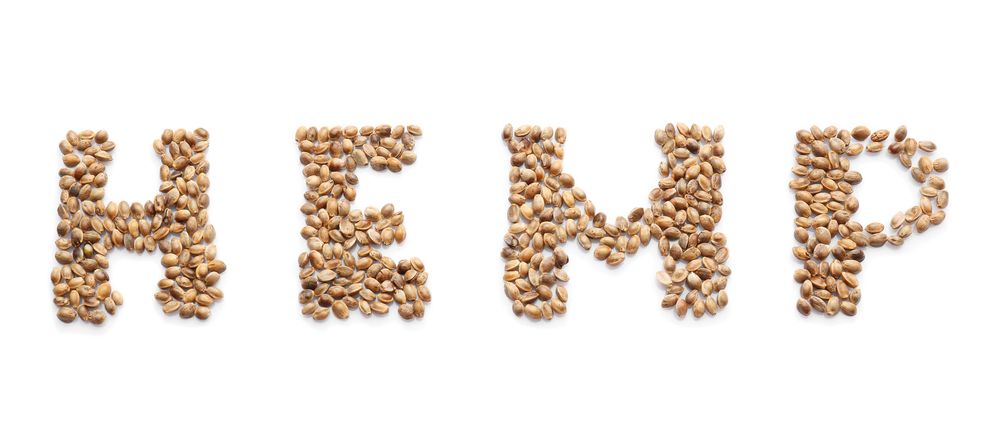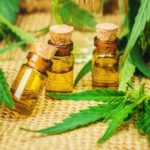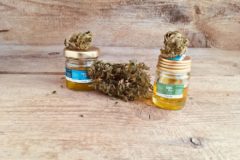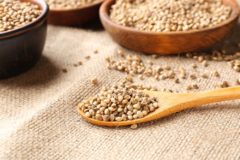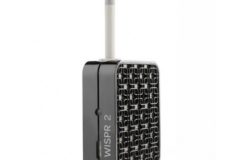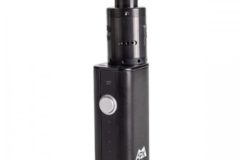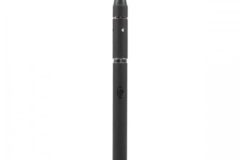Despite its botanical relationship with marijuana, hemp contains considerably lower concentrations of THC (it contains about 1.5% percent at most versus weed’s 10%). Instead, it has a much higher concentration of CBD (cannabidiol).
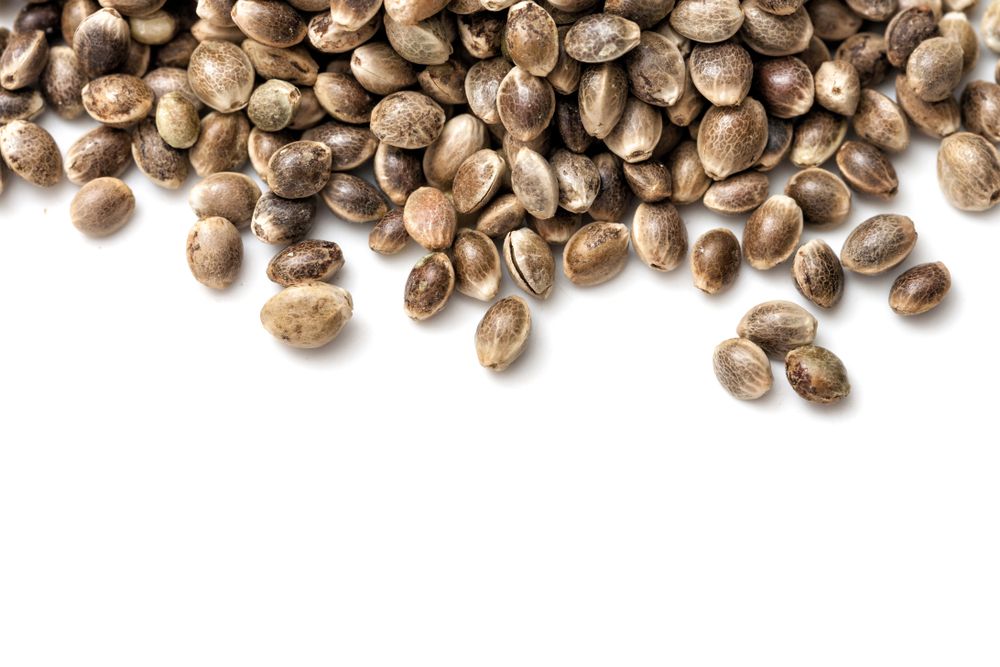
Essentially, hemp shares no psychoactive effects, and it’s legal in most countries because it’s often grown to yield the lowest THC content.
Hemp has been used in many countries, by many cultures, for thousands of years. In fact, not too long ago, until 1950, hemp was widely used in the United States. It has been lumped together with marijuana as a drug when it’s just a great nutritional food!
So, in short, no, you can’t get high from eating hemp seeds or related products. And yes, it is legal (and safe)!
Nutritional Value
Contrary to the wrong image that some portray about hemp, its seeds are among the healthiest foods of the planet. They provide us with a unique nutritional profile that can’t be underestimated.
Let us guide you through some of the highlights:
- Hemp seeds are rich in GLA
Gamma-Linolenic acid, that is. It’s vital for the formation of prostaglandins – chemical compounds found in the body that offer muscle relaxation. They also reduce inflammation, regulate the body temperature, and lower blood pressure.
Research has linked GLA with proper hormone help. So, it is believed that the high GLA content of hemp offers relief of PMS symptoms in women taking hempseed supplements.
- Hemp seeds are rich in fibers
Both insoluble and soluble. Hemp seeds pack enough fibrous bulk to keep your digestive system regulated. A diet with sufficient fiber will keep the healthy probiotics in your gut, strengthening your immune system.
- Hemp is rich in fatty acid
Moreover, hemp’s specific fatty acid composition is unique. It is rich in both omega-3 and omega-6 fats, at a ratio of 3:1, which is perfect for our cardiovascular health. It can also regulate blood pressure.
A single serving of hemp seeds (about 3 tablespoons or so) provides 7.5 grams of omega-6 and 3 grams of omega-3.
- Hemp is jam-packed with proteins, vitamins, and mineral
100 grams of hulled hemp seeds offer:
- 5% water
- 5% carbohydrates
- 49% total fat
- 31% protein
It’s worth noting that hemp provides 64% of the RDI of protein with just 100 grams.
As for the vitamins and minerals, hemp seeds are rich in B and E vitamins, dietary minerals, manganese, phosphorous, magnesium, zinc, iron, and potassium.

Conclusion
Hemp seeds contain all 20 amino acids, including those that our bodies can’t naturally produce. At this point, you can consider them a superfood. A hempseed-rich diet is characterized by balanced inflammation levels and a stronger immune system. It’s even been reported to stop and even reverse certain kinds of cancer such as brain, lung, and breast cancer.
Now that you know the truth about these so-called cannabis seeds, what’s the excuse for not trying them? They’re excellent for your body!
Read also about Main Hemp Uses that Could Save the Environment.


